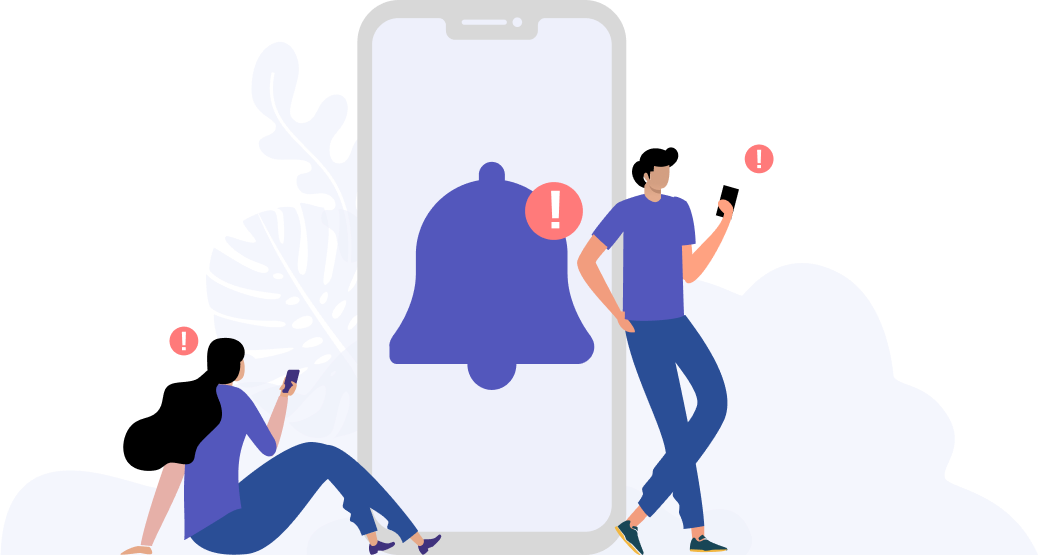The dark side of being a digital native: why it’s so hard to get your teens away from their devices
SF: Why Generation Z (Gen Z), informally known as zoomers, find it so difficult to develop a healthy relationship with their devices.

Photo by Maxim Ilyahov on Unsplash
Digital natives – a term bandied about pretty often nowadays, though it usually refers to anyone young enough to have no memory of a time without digital devices. Gen Z-ers, or those born after 1996, have the “honour” of being the first generation of digital natives. Unfortunately, that “honour” comes with its own set of problems, including problems involving their eyes.
Studies from Asia and Europe have recently found an association between myopia (short-sightedness) and digital device use. A study published in 2020 in the journal of Clinical and Experimental Optometry found that the severity of myopia (short-sightedness) was associated with increased smartphone data usage. The study found that more short-sighted individuals consumed close to double the amount of smartphone data usage daily as compared to those who are less short-sighted. In fact, they consumed about 1 gigabyte of smartphone data a day!
The study looked at children from primary school until all the way to university-level students, so it isn’t just about addiction to Candy Crush or overuse of Instagram. For digital natives, having and using smartphones are a default – which means that these devices are the first thing that Gen Z-ers turn to when there’s nothing to do.
Though it is sometimes popular to imagine a sort of far-future, hyper-evolved human with googly eyes, a permanent smartphone hunch and styli for fingers, it is vital to ensure that our kids don’t suffer from the associated health problems related to excessive device use in the present time. Here are some tips to encourage healthy device use behaviour in zoomers:

Photo by Patrick Tomasso on Unsplash
Take off your rose-tinted glasses and curb that accusatory tone
It might be tempting to brag about how fun it was back in the good old days to run in the fields or play with makeshift toys. Unfortunately, it was a simpler time then – and making smartphones into a scapegoat won’t get you anywhere. Making outdoor play or other behaviours for good eye-care into a punishment would also be sending your little ones the wrong kind of message. Rather, accept the fact that digital devices have become the norm in children’s lives nowadays and try to balance screen time and outdoor time to get the benefits from both.
Get help where necessary
That said, we can’t keep our eyes on our kids 24/7. Minutes of screen time can turn into hours, especially when kids get onto the latest trendy smartphone games after extended hours at home during the circuit breaker. The planoApp is ideal for those situations – limit your child’s screen time when you can’t be there to do it, while inculcating good device use and eye health behaviours at the same time!
Create opportunities
It is also important to understand the allure of digital devices – everyone is on it. Just as you yearned to head to the playground to meet your friends after school every day back then, Gen Z-ers use smartphones and tablets to connect with their friends. Shutting them off from these devices isn’t going to work – instead, empower your kids to meet up in person. Have them over for playdates and teach them some fun activities, such as board games or other device-free activities as a replacement for screen time. That way, your kids and other zoomers will be more likely to learn how to balance their screen time collectively.
At the end of the day, technology is not the problem, it is rather the relationships we develop with them that is more important. Ensuring that we inculcate healthy device use behaviours since a young age will go a long way in ensuring that even after children grow up, they will continue to practice and educate future generations about these behaviours.
Tools Designed for Healthier Eyes
Explore our specifically designed products and services backed by eye health professionals to help keep your children safe online and their eyes healthy.





